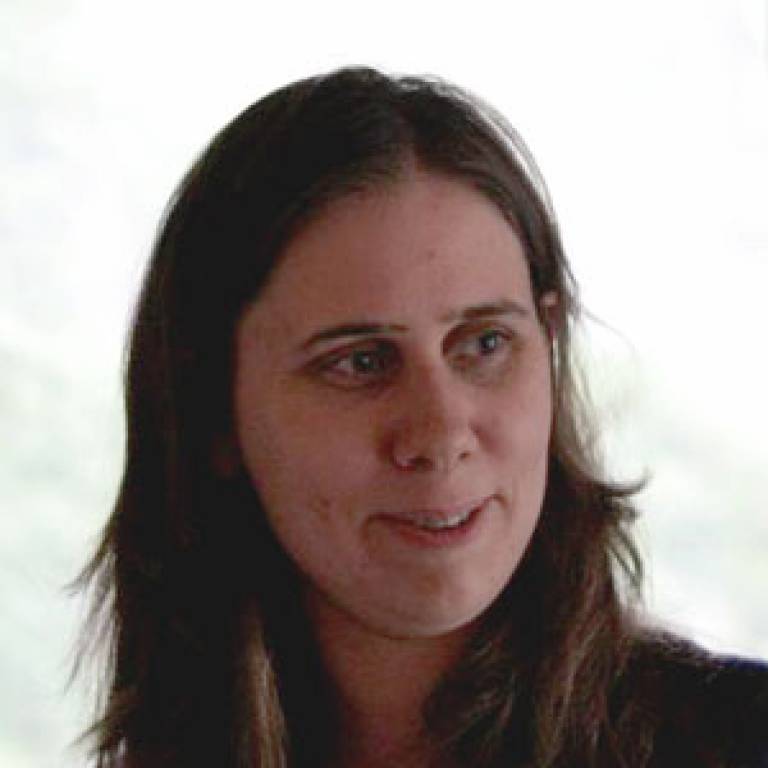UCL professor recognised as 'next-gen' scientific leader
22 July 2010
Links:
 ucl.ac.uk/stats/" target="_self">UCL Statistical Science
ucl.ac.uk/stats/" target="_self">UCL Statistical Science
A UCL professor has won a fellowship to develop her potential as one of the next generation of world-leading scientists.
Professor Sofia Olhede (UCL Statistical Science) has been awarded an Engineering and Physical Sciences Research Council Leadership Fellowship.
The fellowships, which provide up to five years of funding, are a direct investment in Britain's most talented researchers.
Professor Olhede is developing mathematical theories and techniques to analyse evolving processes, and applying these ideas to problems in neuroscience, ecology and the environment.
She said: "A time series is a set of observations of a process over time, such as the location of a drifting buoy recorded every hour. Traditionally it is assumed that the mechanism that generates observations does not change over the time course of observation, this assumption enabling analysis.
"Unfortunately, many important phenomena are evolving over time and quantifying this evolution is necessary to our understanding. For example, incorrectly assuming limited time-evolution in financial time series models may have contributed to the recent financial crisis.
"In applications we are rarely interested in single processes, but instead study the joint evolution of multiple processes, such as multiple plankton abundance time series jointly evolving in structures as a consequence of climate change and seasonal variations.
"The problem with trying to understand many processes simultaneously is that realistic models cannot be estimated from just a single set of observations when using traditional methods because the models possess too many parameters.
"The past decade has seen considerable innovation for problems with too many parameters, a development fuelled by data types found in bioinformatics, brain-imaging and internet-based applications.
"In this case, we have found that it is possible to estimate quantities of interest if the underlying structure of the data can be thought of as unknown but simple in form, and a branch of this theory is known as compressed sensing."
Professor Olhede hopes to develop new methods of analysis for multiple time series, then apply those methods to real-world problems such as understanding the pain-perception of prematurely born infants and analysing oceanographic climate data.
She added: "Receiving the fellowship is a tremendous vote of confidence, and is not just freeing up time to enable me to work harder with my research projects.
"To develop new and interesting mathematics requires time to dream up new mathematical structures, having new and interesting ideas around you but also the confidence to invest that time in less orthodox directions.
"Without a supportive environment and confidence it is impossible to dare go off on such paths, and UCL as well as the fellowship are the ideal support for me to progress."
For more information about UCL Statistical Science, follow the link above.
Image: Professor Sofia Olhede.
Related stories:
Project explores the shaping of suburbs
UCL wins big at Institute of Physics awards
 Close
Close

